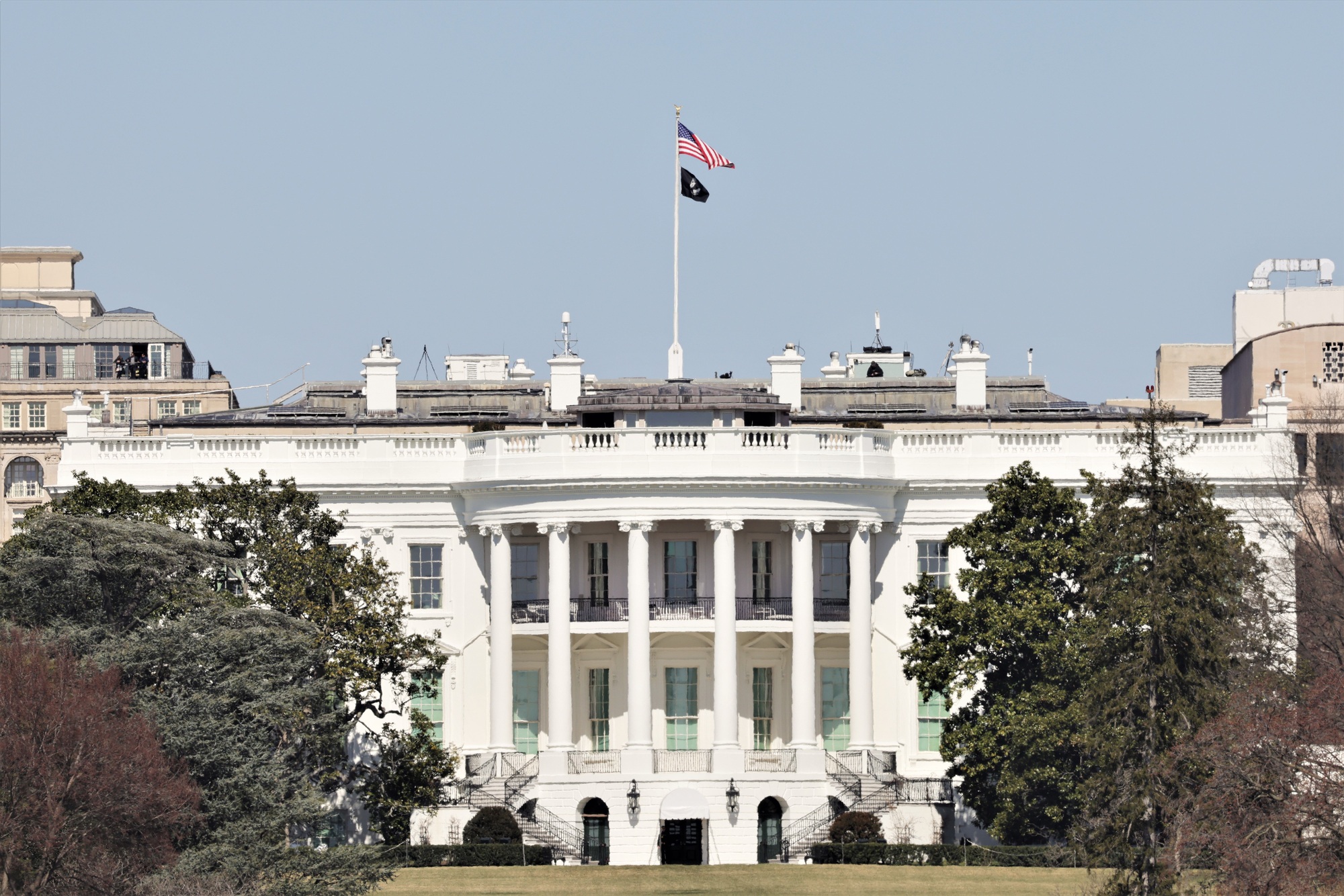Insider Brief
- The President’s Council of Advisors on Science and Technology (PCAST) has been restructured to guide U.S. leadership in critical fields like quantum computing, artificial intelligence, and biotechnology.
- PCAST will provide expert advice on innovation policy, respond to federal technology initiatives, and address global competition in emerging technologies.
- The council’s work will be supported by the Department of Energy and include members from academia, industry, and government, focusing on national security and economic priorities.
The White House has issued an executive order creating a revamped President’s Council of Advisors on Science and Technology (PCAST) to guide the nation’s strategy in transformative technologies like quantum computing, artificial intelligence and biotechnology. The move underscores a growing recognition of these fields as critical to national security and economic leadership.
The council, which will include up to 24 members from academia, industry and government, aims to provide expert advice on science, technology, and innovation policy. Its recommendations will help shape U.S. priorities in education, research, and economic policy, according to the executive order.
Addressing Technological Rivalry
The order highlights the United States’ urgent need to secure technological dominance amid global competition. It identifies quantum computing and artificial intelligence (AI) as pivotal technologies that could reshape industries and redefine economic power. For example, quantum computing, which harnesses the peculiar properties of quantum mechanics to process information, could revolutionize fields such as cryptography, drug discovery and logistics.

Quantum looks to be a key beneficiary of the council’s agenda. By advising on policy and funding decisions, PCAST could help accelerate quantum research and its transition from lab experiments to real-world applications.
AI, meanwhile, continues to drive automation, data analysis, and decision-making across sectors. In addition to quantum and AI, the council’s emphasis on biotechnology suggests an integrated approach to leveraging U.S. strengths in these interrelated fields.
“Breakthroughs in these fields have the potential to reshape the global balance of power, spark entirely new industries, and revolutionize the way we live and work,” the order states.
Expanded Functions and Structure
PCAST’s responsibilities will extend beyond advising the President. It will also serve as the advisory body for major federal technology initiatives, such as the High-Performance Computing Act and the National Nanotechnology Research and Development Act, according to the order. These roles position the council to influence critical research areas, from supercomputing to nanotechnology.
The new structure integrates high-level federal officials, including the Assistant to the President for Science and Technology and a Special Advisor for AI and cryptocurrency. Their inclusion reflects the administration’s focus on aligning cutting-edge technology with economic and security goals.
Administrative and Financial Support
The Department of Energy (DOE) will provide administrative and technical support for the council. This includes funding and facilitating security clearances for members who need access to classified information, a step designed to ensure comprehensive advice on sensitive matters.
Council members will not be compensated but may receive reimbursement for travel expenses. The executive order also grants PCAST the authority to establish specialized subcommittees or technical advisory groups to support its work.
Combatting Barriers to Innovation
The council will also tackle internal challenges that could undermine scientific progress. The executive order criticizes what it describes as “ideological dogmas” that stifle innovation by prioritizing conformity over individual achievement.
PCAST will serve as a central platform to counter these pressures by fostering open dialogue and encouraging bold, creative ideas. To achieve this, the council will solicit input from a wide range of stakeholders, including universities, private companies, national labs, and state governments.
The council’s current authorization will last two years, though it may be extended by the President. This time frame allows for focused efforts on immediate priorities while leaving room for future adjustments.















